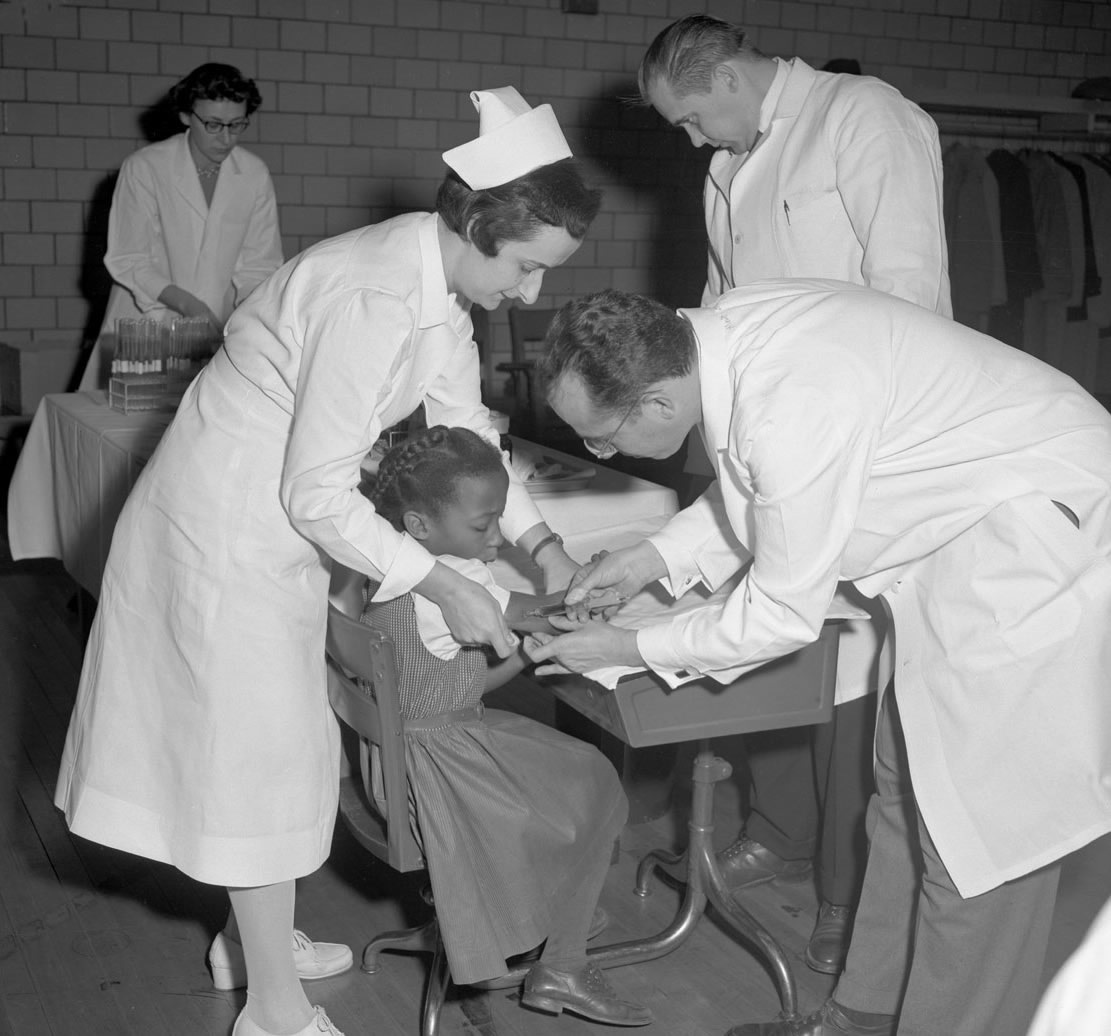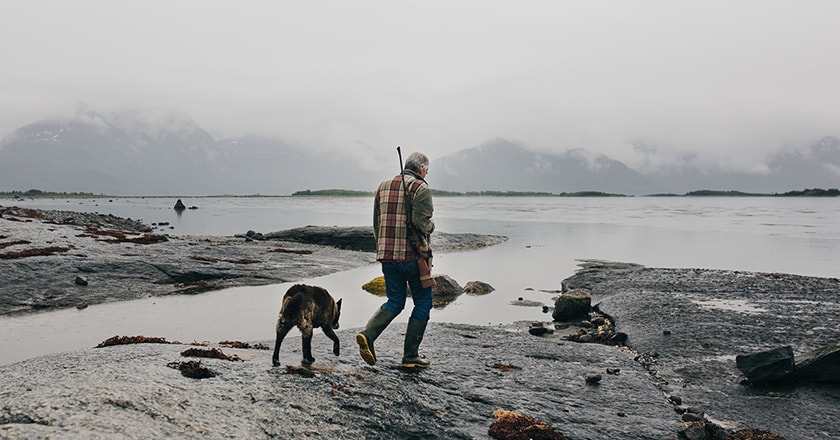Headlines across the world have identied our neighborhood of Squirrel Hill where eleven congregants were killed in a synagogue as not only a close knit, diverse community, but the place where Fred Rogers lived, worshipped, and raised his own family.
The contrast of the gentle loving Fred and his kindness and this horric event seems to remind us all that this should not be who we should be.
Someone who knew Fred Rogers well and worked with him for years once shared that Fred would say that you never get over loss, it just becomes part of who you are. Squirrel Hill may never be the same. But through this darkness, there is an opportunity make our neighborhood, our city, our country, and our world an even better place.
Ironically, my wife Natalie and I rst moved to Squirrel for what we thought would be a one year Hollywood sabbatical to teach at the UniverCsiatyrloKf Puitrtslabnurdgehrjust weeks before 9/11 happened.
In trying to make sense of that tragedy, I wrote a holiday letter entitled “Greetings From Mister Rogers’ Neighborhood” trying to explain to my friends in L.A. how in that dark moment in our country’s history, we had found community in the real life “Mister Rogers’ Neighborhood” where my boss, the head of Pitt’s English department, had taught Fred Rogers soccer on his program (“do you really sock people?” Fred asked him) and where our daughter’s pre-school teacher was featured in the Mister Rogers’ “Moving Book” which our Beverly Hills pediatrician had prescribed us as the book we must read to our child as it honestly helped kids deal with the dicult emotions of moving. My out of town friends who did not know Pittsburgh were amazed that there was still place where young kids could ride their bikes alone up to the neighborhood shops with no one worrying about their safety, and where neighbors said “How are you (or yinz) doing?” to each other and genuinely seemed to mean it. This place was special, almost like our little secret bubble. But now in the wake of Saturday’s shootings which were blocks from our house and the temple where our daughter became a Bat Mitzvah, that bubble has burst and Squirrel Hill is on the front pages of papers around in the wake of this unfathomable tragedy.
But this time, unlike 9/11 which brought us all together, this horrifying event nds us a divided nation. My Facebook page lit up as President Trump announced he is coming to Pittsburgh to pay his respects and people passionately telling him to stay away who hold his rhetoric at least partly responsible for the shooter’s actions. I got a preview of this division a few months ago when I posted about Tom Hanks playing Fred Rogers in a new movie lming in Pittsburgh a few months ago people I did not know posted angry comments on how a Hollywood liberal like Tom could play Fred Rogers, a lifelong Republican.
While Fred was a Republican, anyone who saw this summer’s documentary “Won’t You Be My Neighbor?” learned this ordained minister used his program to quietly send messages about tolerance and understanding about race, disabilities, and gender. Fred was also the godfather of the children of Senator John Heinz, a Republican who had great appeal to Democratic voters here and who championed polices which were good for workers and the elderly. Frequently in Pittsburgh, you will nd Republicans who are socially liberal and Democrats who are conservative. But these days, we long for a time when no matter what our beliefs, we would remember we are all neighbors.
Western Pennsylvania is a microcosm of the fragmented nation that we have become having played an essential role in the 2016 election as Donald Trump successfully argued to many voters in the region that he would be able to bring jobs back. That is a particularly potent argument here– for those factories which Fred showed us each program on “how things were made” are closed now and those Terrible Towels you see Steeler fans waving each Sunday in cities from San Francisco to Tampa are frequently held by ex-Pittsburghers who had to leave as the steel industry collapsed in the 1980s causing one of the largest urban migrations in U.S. history.
But often national reporters will swoop into an area outside of Pittsburgh in Butler or Altoona and prole “a Trump voter” who was once a Democratic mill worker who is now voting Republican without fully taking the time to understand the deeper complexity of the politics here. Conversely, when Donald Trump says he is visiting Pittsburgh— I wonder just which Pittsburgh he will be visiting. The city of Pittsburgh where Tree of Life is and which voted for Hillary and is largely blue, or the red suburbs and outlying areas where Trump has held his rallies in the past.
Concerned city leaders often talk about two Pittsburghs—one which has successfully reinvented itself with jobs in education, medicine, and technColaorgly,Kanudrlaannotdher which is often left behind which includes both the predominantly African American neighborhoods as well as the abandoned steel communities which both have largely missed the economic opportunities of the “new Pittsburgh.”
The truth is in Mister Rogers’ Neighborhood is not just one neighborhood, but many. And we seem to have forgotten what Fred so often talked about—that we have more in common than we have different.
I fully understand the passion of those who are trying to make something good out of the tragedy and encourage everyone to vote. And the anger of those who want Trump to stay away saying that his refusal to condemn white supremacists helped lead to the Temple shootings.
But I wonder if as horrifying of the events as they were, whether they will change many votes. Or instead will they just have us running back to our own camps.
As the tragic events unfolded Saturday, my wife, my daughter and I found ourselves watching The Hate U Give about the African American boy who was shot and the outrage that ensues when the police ocer who shot him is not punished. I was trying to tell my daughter about Freedom Summer when young people risked their lives and went South to register voters in Mississippi
And the fantasy I have now is that each our of neighbors could visit each other in our respective neighborhoods. We need desperately to understand each other—not those we already agree with, but those who we strongly disagree with.
It is not surprising to see Fred Rogers’ quote from his mother that when there is a crisis, we should “look for the helpers.” There is even an article in the Atlantic warning that the “look for the helpers” quote has too often been used for adults in tragedy about what the author calls the fetishism of Fred Rogers’ message which he says was intended to reassure children. Fred Rogers has far deeper meaning that applies to people of all ages, but I will give him this. It is not enough to quote Fred Rogers. We need to nd the Fred Rogers in all of us, look deeper into our neighbors, and decide what actions we will take— not just on election day, but every day, to help heal our world.




